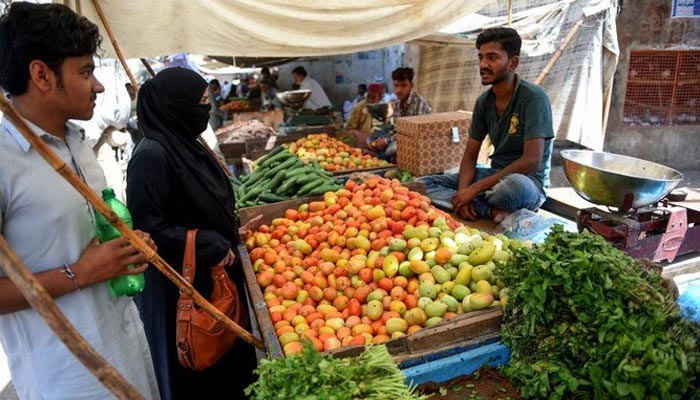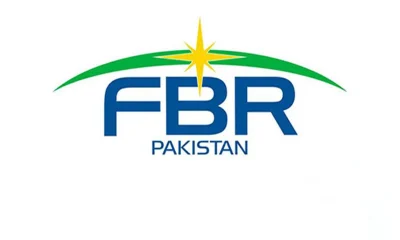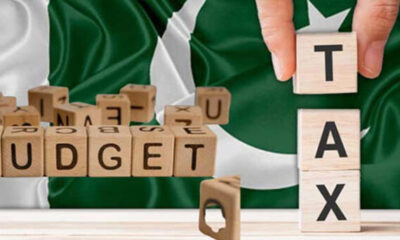- Increase comes on back of a surge in prices of non-perishable food items.
- On a month-on-month basis, inflation increased by 0.4% in May.
- Cumulatively, 11MFY22 average inflation reached 11.29% year-on-year.
KARACHI: The inflation rate, based on the Consumer Price Index (CPI) in May clocked in at 13.8% on a year-on-year basis — the highest since January 2020 — due to a surge in prices of non-perishable food items.
The CPI accelerated in May over the same month a year ago, showed the inflation bulletin released by the Pakistan Bureau of Statistics (PBS) on Wednesday. The index remained higher in line with the trend since the last three months.
The new coalition government of Prime Minister Shehbaz Sharif struggles to contain inflation, which experts said, was the outcome of record-high global commodity prices, and a 26% devaluation of the Pakistani rupee since the start of the outgoing fiscal year.
On a month-on-month basis, inflation slowed down as it clocked in at 0.44% in May 2022 compared to an increase of 1.6% in the previous month and an increase of 0.1% in May 2021. Cumulatively, 11MFY22 average inflation reached 11.29% year-on-year compared to 8.83% in 11MFY21.
The CPI-based inflation rate jumped 12.4% in urban areas and 15.9% in villages and towns, according to PBS.
Speaking to Geo.tv, an analyst from Arif Habib Ltd, Sana Tawfiq, said that the inflation rate was below the market expectation of 14.3%.
“An increase came on the back of three sectors — food, transport, and housing and electricity,” she said.
Tawfiq elaborated that an increase in food group month-on-month was in line with expectation, citing poultry items and wheat as major drivers.
The analyst was of the view that the impact of a significant increase in the price of petroleum products was partially reflected in May’s inflation rate; however, the complete impact would be seen in June’s number.
The inflation rate remained in double-digit — which has eroded the people’s purchasing power — due to an increase in the prices of food items, which are now taxed by the government. The pace of food inflation surged 15.5% in cities and 19% in villages and towns last month.
The prices of both non-perishable and perishable food products increased significantly last month. The food group saw over a 17% increase in prices in May compared to the same month a year ago. Prices of perishable food items increased 26.37%, according to the PBS.
Non-food inflation increased 10.4% in urban areas and 13.1% in rural areas, according to the national data collecting agency.
Core inflation — calculated after excluding food and energy goods — jumped 9.7% in urban areas and 11.5% in rural areas. Tawfiq maintained that a continuous increase in core inflation is a “major concern.”
The prices of tomatoes — an essential kitchen item — were higher by 162.22% last month compared to a year ago, followed by a 153.44% increase in the rates of onions, and around 60% of various types of ghee and cooking oil, according to the PBS.
The prices of pulses increased by over 50%, wheat by 18.42%, and meat and vegetables by nearly one-fourth and vegetables, according to the PBS.
“Going forward, the inflation rate would remain under pressure and in double digits for the next three months; it would start easing from September onwards,” the analyst said.
Regarding the monetary policy rate, scheduled to be announced on July 7, she noted that the central bank is expected to raise the policy rate by another 100-150 basis points.

 Business2 days ago
Business2 days ago
 Business2 days ago
Business2 days ago
 Business2 days ago
Business2 days ago
 Latest News2 days ago
Latest News2 days ago
 Business2 days ago
Business2 days ago
 Latest News2 days ago
Latest News2 days ago
 Business2 days ago
Business2 days ago
 Latest News2 days ago
Latest News2 days ago



















